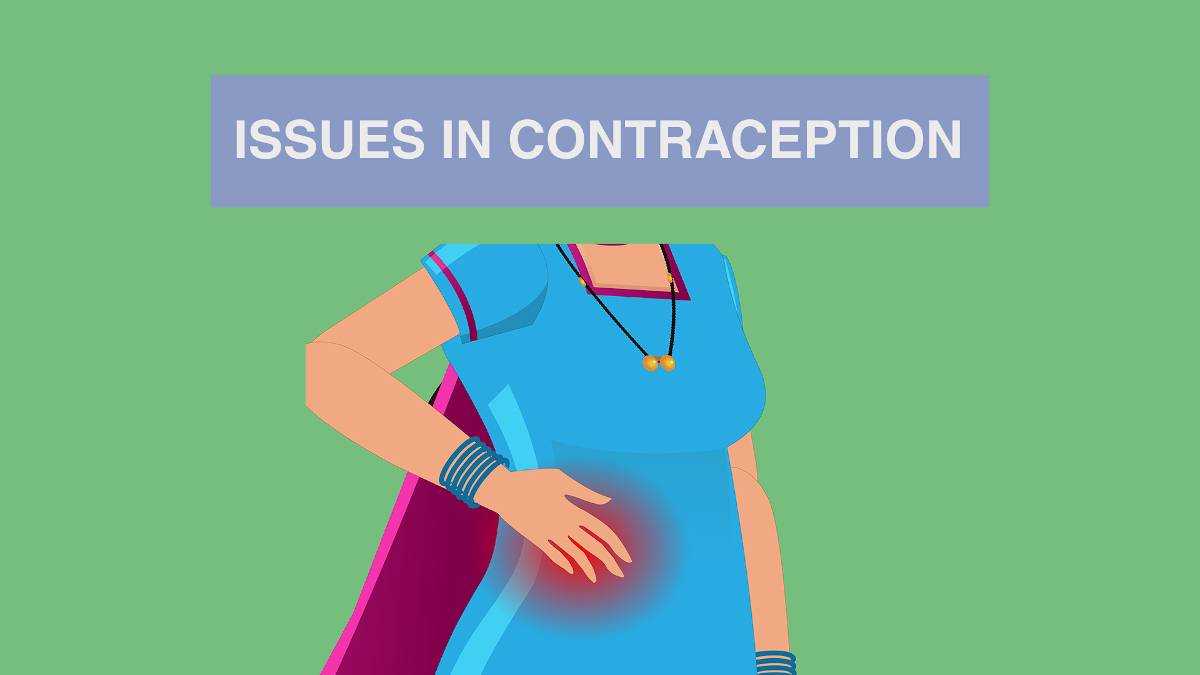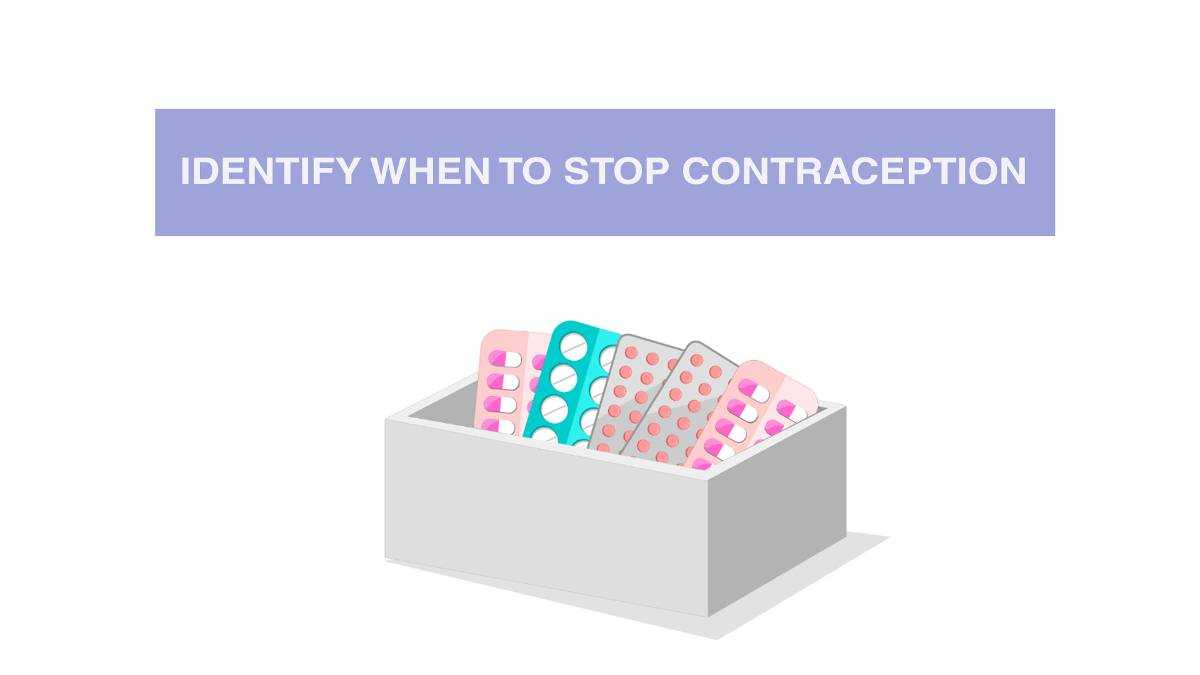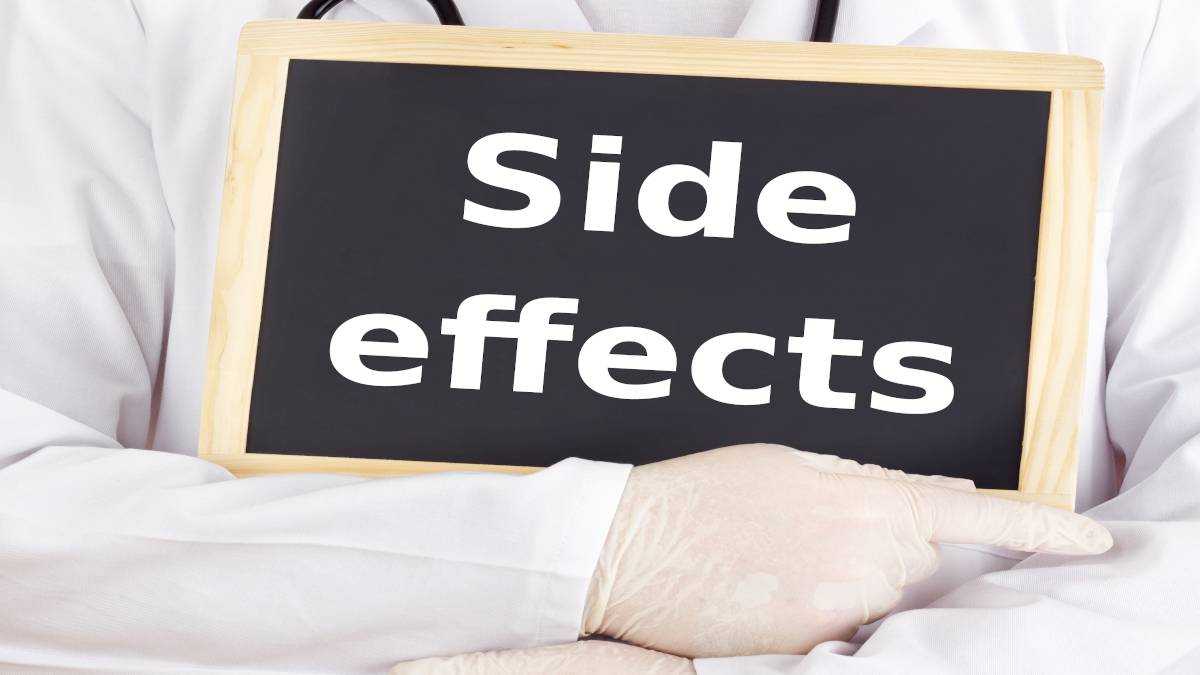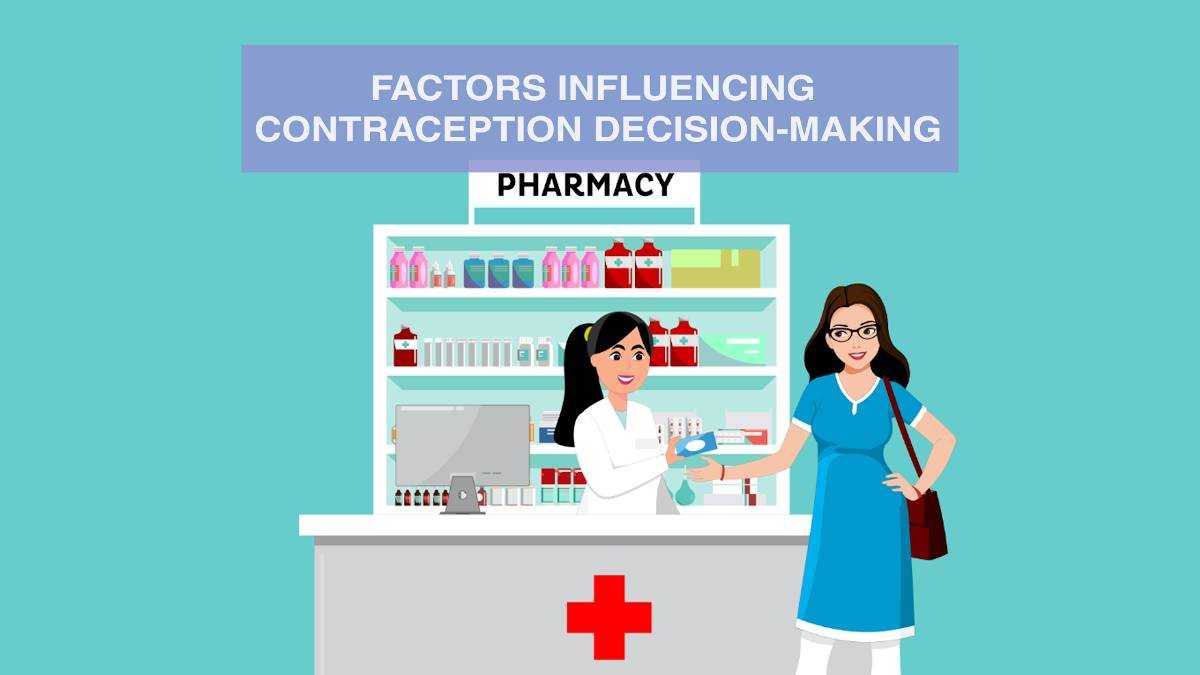Doctors will only prescribe them if your medical history and current health suggest the usage is safe for you.
Hormonal contraceptives like birth control pills, though largely effective, are powerful drugs that require a prescription. Doctors will only prescribe them if your medical history and current health suggest the usage is safe for you.
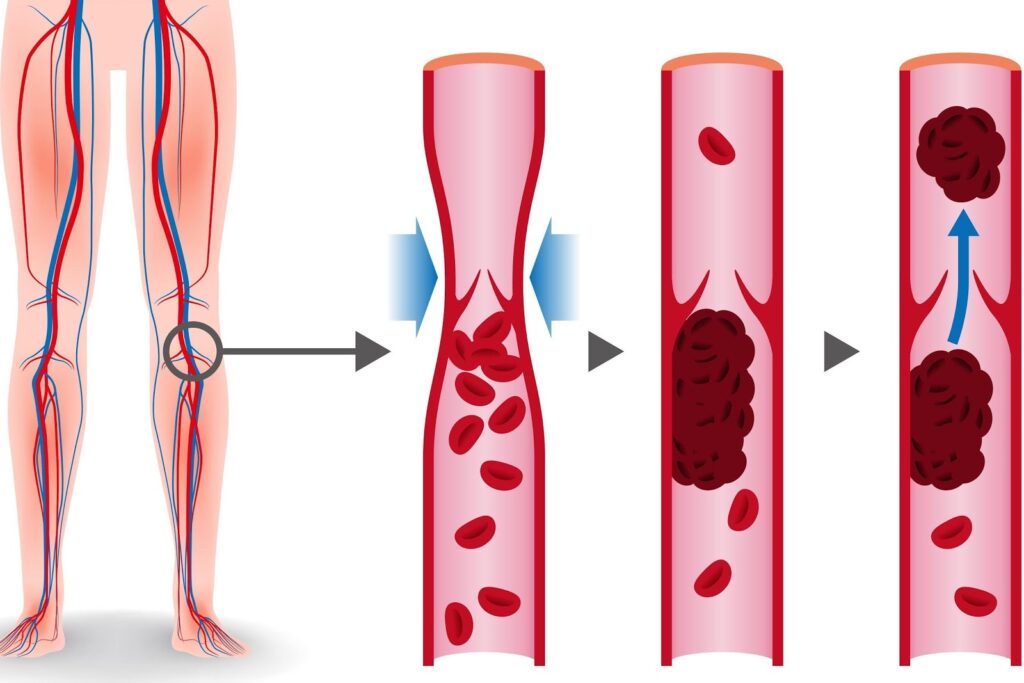

Some women may face few side-effects like nausea, spotting between periods, headaches but there are more serious potential side-effects of hormonal contraception, especially pills, as given below:
- The estrogen in hormonal birth control puts women at an increased risk for a number of medical issues. There is a risk of deep vein thrombosis (DVT, or when a blood clot forms in a deep vein in the body). If you experience calf pain, swelling of the legs, or shortness of breath then those are serious side effects that need to be addressed.
- One should also be alert for signs of a heart attack, like pain in the chest, back, shoulder, arm, or neck as well as signs of a stroke, such as numbness or weakness of the face, arm, or leg, a sudden, severe headache, or confusion. However, it should be noted that some women are more at risk for these conditions than others, like smokers or those with a family history of heart disease, diabetes, and high blood pressure.
- Although taking a combination of birth control pills during early pregnancy doesn’t increase the risk of birth defects, it is advisable to stop them as soon as you suspect you’re pregnant.
- It can lead to gallbladder disease
- High blood pressure
- Liver disorders
- One common concern about long-term use of birth control pills is how it affects your cancer risk. Research shows that using birth control pills may slightly lower the risk for endometrial and ovarian cancers but long-term use may slightly increase the risk for breast, liver, and cervical cancers. If these cancers run in the family, it should be shared with your healthcare provider to discuss the risks. The longer you take the pills, the higher the risks.
It is recommended that your healthcare provider be consulted as soon as possible if you are taking combination birth control pills and develop any of the following symptoms or conditions:
- Abdominal pain or chest pain
- Lump in the breast
- Difficulty in speaking
- Eye problems, such as blurred or double vision or loss of vision
- Fainting
- Jaundice — yellowish discoloration of the skin
- New or worsening headaches
- Seizures
- Severe allergic skin rash
- Severe leg pain or swelling
- Severe mood swings or depression
- Two missed periods or signs of pregnancy
Conclusion
Method of contraception should be decided only after a proper and extensive discussion with the doctor on the pros and cons of each type of contraception method. Also after the age of 35, it is important to reevaluate your options for birth control. Taking an occasional break from birth control pills offers no benefits and may increase the risk of blood clots or unintended pregnancy.
Special thanks to Dr. N Palaniappan ( DNB, FICS, FICOG ) for the expert advice.


